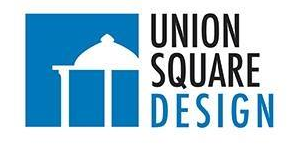Three Hidden Security Risks for WordPress Users
Three Security Risks in WordPress You Are Probably Unaware of
We all know and love WordPress. It is, by far, the most popular CMS out there. The efficiency, ease and cost make it one of the most lucrative options for any blogger. Yet, popularity doesn’t always mean perfection. Despite the strengths, WordPress has many security risks that could make your website vulnerable.
Below are the three hidden security risks for WordPress users:
Security Risks #1: Susceptible to URL Hacking
The MySQL database that holds the data about your website is contacted via certain URL parameters, executed on the server-side in PHP. However, the problem with URL parameters is that it leaves your website vulnerable to an attack called SQL injection. A modification in URL parameters can reveal protected data about your website, which in turn can be used for malicious purposes.
However, SQL injection attacks could be prevented by changing the code related to the server hosting.
Security Risks #2: Free Themes May Not Be the Best Themes
One of the reasons why we love WordPress is the abundance of themes, many of which are free. However, there is a reason why most bloggers prefer premium themes. Free themes, while great for many purposes, are not secure. Sometimes, they may even contain malicious codes that might pose security risks for your website.
It is always better to go for premium themes coming from reputed sources, or free themes that have great reviews and ratings.
Security Risks #3: Vulnerable Login
Every WordPress user logs into the WordPress site using the same URL. This means that simply by brute force attack, someone can log into one or the other website. There is only a 1-step login, with no default support for secure logins. This means that you can face dozens of false login attempts every day. For popular sites, this reaches thousands.
There are certain plugins you could use that provides you with an extra layer of secure login. It is the most you can do, until WordPress itself comes up with a more secure way.
Final Thoughts:
While we love WordPress, it is always better to acknowledge the security risks that are present in it. It is the only way through which we can take measures to eliminate those risks and secure our website in a better way.



